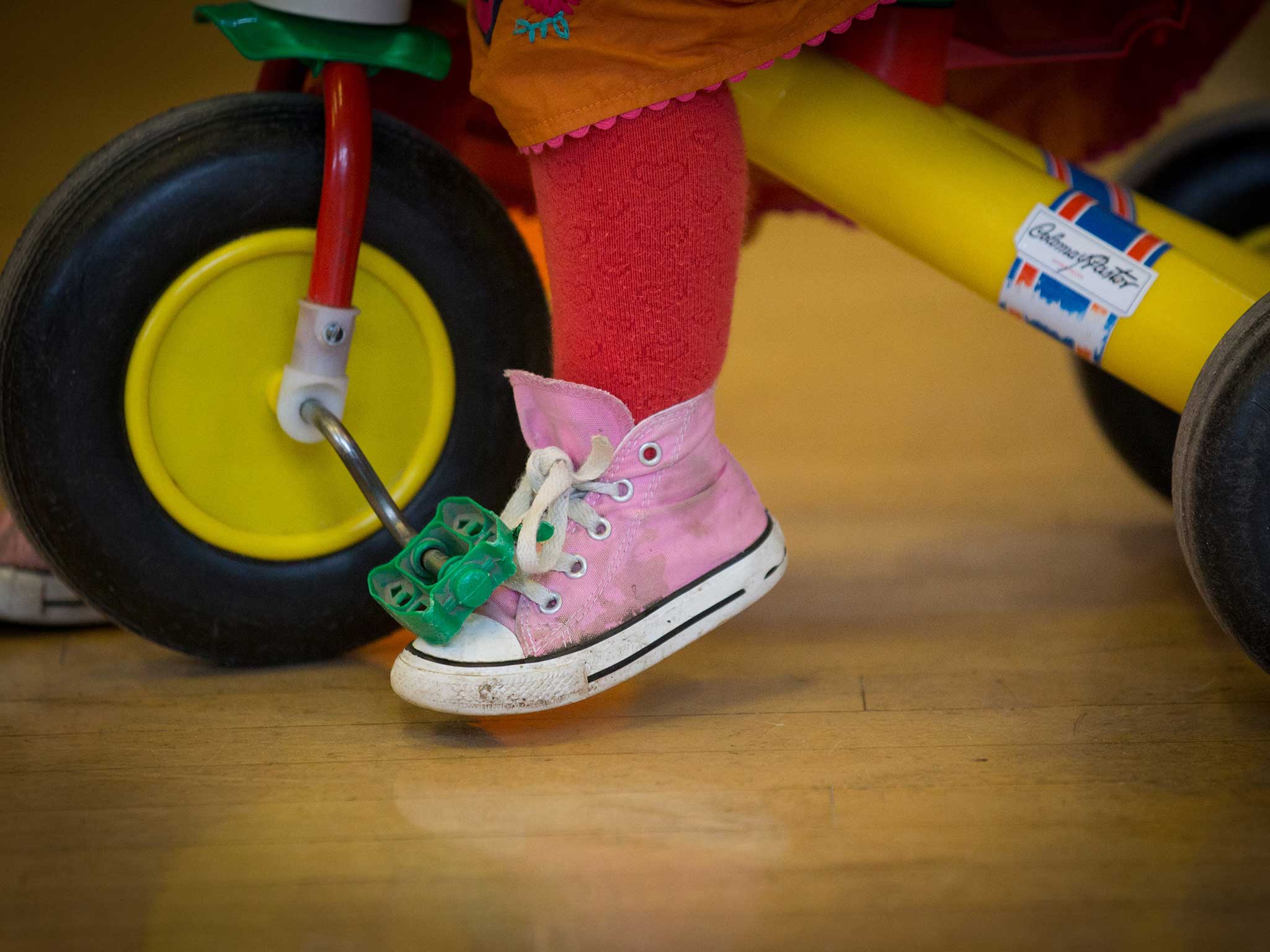Women who give birth in their 30s more likely to have intelligent children
Children born to mothers in their forties are could be prone to suffer from obesity

Women who have children in their thirties are more likely than mothers in their twenties and forties to give birth to smarter and healthier babies, new analysis suggests.
Data from the Millennium Cohort Study, a long-running programme which tracks the development of 18,000 British children, was used to examine the impact of a mother’s age on their child.
Researchers at the London School of Economics established children born to mothers in their thirties achieved the highest cognitive scores, outperforming those children born to twenty-something-year-old mothers and just higher than mothers in their forties.
However, the research also established women who gave birth in their forties did not play with their children as much as younger women - and their offspring were more prone to suffer from obesity.
“First-time mothers in their 30s are, for example, likely to be more educated, have higher incomes, are more likely to be in stable relationships, have healthier lifestyles, seek prenatal care earlier and have planned their pregnancies,” LSE researcher Alice Goisis, told the Times.
Ms Goisis, heading up the research published in the journal Biodemography and Social Biology, also said older mothers were less likely to smoke, more likely to breastfeed and more likely to read to their children.
LSE researchers did emphasise while their study included data from a large study, the number of mothers in their forties (just 53) examined meant more research was needed. The children were examined aged five.
The average age of mothers in the UK has steadily risen from 24.5 in 1980 to 28.1 today.
Join our commenting forum
Join thought-provoking conversations, follow other Independent readers and see their replies
Comments
Bookmark popover
Removed from bookmarks